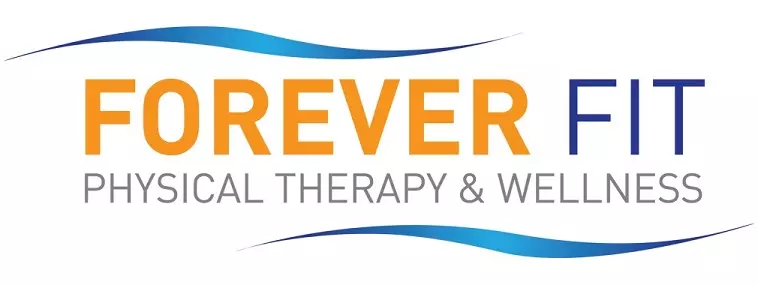Dry Needling
The term “dry needle” refers to a needle without any liquid inside. Dry needling is a technique used to promote the well-being of a patient’s musculoskeletal system during physical therapy treatment for a particular condition or disorder.
Dry needling is often referred to interchangeably with acupuncture, but there is a key difference between the two: Dry needling is used to target trigger points, which are painful spots of tightened muscle, while acupuncture facilitates energy flow throughout the body.
What Is Dry Needling?
Dry needling is a technique that is also known as intramuscular stimulation. It’s a type of treatment that can be provided during physical therapy sessions to treat musculoskeletal issues like trigger points. Czech physician Karel Lewit first introduced this practice during the late 1970s as a way to treat trigger points.
Are your trigger points causing you muscle pain and limited mobility? Dry needling is one way your physical therapist can improve muscle pain and mobility. It requires the use of tiny filiform needles inserted through the skin and into the muscles to trigger both muscle responses and increased blood flow to the area.
Who Can Benefit From Dry Needling?
Dry needling is most commonly recommended for patients who are struggling to manage a musculoskeletal disorder. It’s designed to relieve pain in the muscles but also to release tension, improve inflammation and improve mobility.
Dry needling can also be used to help:
Temporomandibular joint (TMJ) disorders.
- Whiplash.
- Carpal tunnel syndrome.
- Spinal problems.
- Repetitive motion injuries.
Dry needling is a physical therapy treatment method that provides many benefits. There are a variety of benefits that patients could experience during this treatment, including:
- Increasing blood flow.
- Reducing stiffness.
- Breaking up knotted muscles.
- Improving relaxation.
Forever Fit Can Help Reduce Pain and Improve Movement With Dry Needling
Our team of experienced physical therapists at Forever Fit receive extra training and certifications to ensure they can provide the best care experience to each patient. We want to give our patients the care they need and can do so by continuing our education as much as possible.
If you’re hoping to learn more about dry needling, please be sure to contact us today to get more information or schedule an appointment with us.
